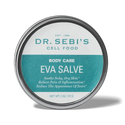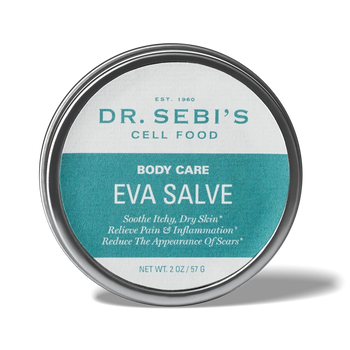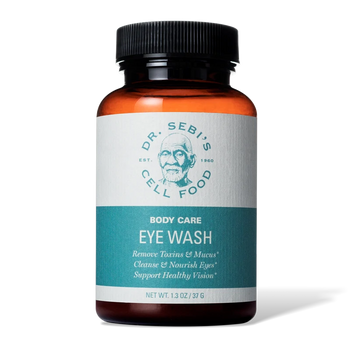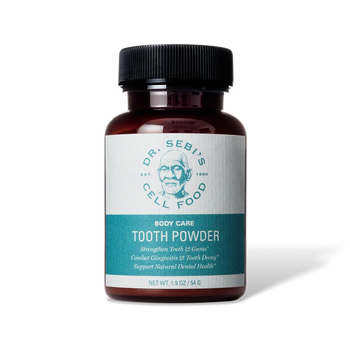Self-care is often portrayed as indulgent—spa days, expensive treatments, or occasional “me-time.” But true self-care is far more fundamental. It is the daily practice of nurturing body, mind, and spirit in ways that create balance and resilience. Holistic self-care isn’t about adding more tasks to an already full schedule; it’s about weaving simple rituals into everyday life so that health and wellbeing become the foundation, not the afterthought.
This article explores what holistic self-care really means, why it matters, and how to implement accessible rituals that support balance and wellbeing every single day.
What Is Holistic Self-Care?
Holistic self-care recognizes that wellbeing is multi-dimensional. It considers the physical, emotional, mental, and spiritual aspects of health as interconnected. When one area is neglected, the whole system feels the imbalance.
For example, chronic stress may manifest as digestive issues or fatigue. Lack of movement may lead to low mood or brain fog. Conversely, when care is consistent across all dimensions, the body naturally restores balance.
Holistic self-care, then, is less about luxury and more about alignment. It is choosing practices that nourish the whole person, every day.
Why Daily Rituals Matter
Rituals differ from routines in that they carry intention. A routine might involve brushing your teeth out of habit, but a ritual involves brushing your teeth while also pausing to thank your body for carrying you through the day.
Daily rituals create stability by:
-
Reducing decision fatigue (what you do becomes automatic).
-
Anchoring the mind in the present moment.
-
Providing small, consistent acts of nourishment that accumulate over time.
-
Strengthening resilience against stress and imbalance.
Think of rituals as investments—tiny deposits of energy, focus, and gratitude that build long-term wellbeing.
Physical Self-Care Rituals
1. Morning Hydration
Begin the day by replenishing fluids lost overnight. Warm key lime water, mineral-rich water, or an herbal infusion supports digestion, circulation, and energy.
2. Gentle Movement
Movement doesn’t need to be intense to be effective. A 10-minute stretch, walk, or yoga flow awakens muscles, lubricates joints, and signals the body it’s time to engage with the day.
3. Nourishing Meals
Instead of rushing, approach meals as opportunities for mindful eating. Prioritize whole, nutrient-rich foods, chew thoroughly, and allow time for digestion.
4. Restful Sleep Preparation
End the day with a ritual that signals the nervous system to unwind. This might include dimming lights, turning off devices, and practicing relaxation techniques before bed.
Emotional Self-Care Rituals
1. Journaling
Writing down feelings provides an outlet for emotional processing. Even five minutes of journaling in the morning or evening can release tension and bring clarity.
2. Gratitude Practice
Listing three things you are grateful for each day shifts focus from stressors to blessings. Gratitude activates the parasympathetic nervous system, reducing stress and boosting mood.
3. Connection
Regularly connecting with loved ones, whether through a call, hug, or shared meal, fulfills the human need for belonging and emotional nourishment.
Mental Self-Care Rituals
1. Digital Boundaries
Constant connectivity keeps the mind overstimulated. Setting intentional times to unplug—such as device-free mornings or evenings—reduces mental clutter.
2. Focused Breathing Breaks
Throughout the day, pause for a few cycles of deep, mindful breathing. This practice clears mental fog and increases focus.
3. Learning and Creativity
Engaging the mind in growth-oriented activities like reading, painting, or learning a new skill keeps the brain active and fosters a sense of accomplishment.
Spiritual Self-Care Rituals
Spirituality doesn’t have to mean religion; it is about connecting with something greater than oneself—nature, purpose, or inner wisdom.
1. Meditation or Prayer
Taking time for quiet reflection cultivates inner peace and clarity. Even five minutes of silence can create spaciousness in the day.
2. Time in Nature
Spending time outdoors—listening to birds, feeling the wind, or walking barefoot on grass—reconnects us with natural rhythms and restores grounding.
3. Acts of Service
Helping others through small acts of kindness enhances a sense of meaning and interconnectedness.
The Science of Daily Rituals
Research confirms the profound impact of small, intentional practices:
-
Studies show that mindfulness-based rituals reduce cortisol, the body’s primary stress hormone.
-
Journaling has been linked to reduced anxiety and improved immune function.
-
Gratitude practices enhance serotonin and dopamine, promoting happiness and resilience.
-
Regular physical movement improves mood-regulating neurotransmitters like endorphins.
When these practices become daily rituals, they create lasting changes in both physiology and psychology.
Dr. Sebi’s Perspective on Self-Care
Dr. Sebi’s philosophy centered on aligning with natural rhythms and nourishing the body with alkaline, plant-based foods. But his approach also extended to lifestyle choices that honor balance.
In the context of self-care, this means:
-
Choosing natural foods that fuel rather than deplete.
-
Prioritizing rest and recovery, recognizing the body heals when given space.
-
Cultivating harmony in thought, environment, and community.
Self-care, in his view, was a holistic practice of respect for the body, mind, and spirit.
Overcoming Barriers to Self-Care
Many people struggle with self-care not because they don’t see the value, but because of time, guilt, or unrealistic expectations.
-
Time: Start small. Even a two-minute ritual can make a difference when done consistently.
-
Guilt: Remember, self-care is not selfish. By restoring yourself, you show up better for others.
-
Expectations: Self-care doesn’t need to be elaborate. Simplicity and intention are more powerful than complexity.
Everyday Ritual Examples
-
Morning: Stretch, hydrate, set an intention for the day.
-
Afternoon: Step outside for five minutes of sunlight and mindful breathing.
-
Evening: Journal, list gratitude's, dim lights, and prepare for restful sleep.
These small, repeatable practices create a framework for resilience and balance.
Frequently Asked Questions
Is self-care the same as self-indulgence?
No. While indulgence can be part of self-care, holistic self-care focuses on practices that sustain long-term wellbeing, not just short-term pleasure.
How do I start if I feel overwhelmed?
Begin with one ritual—such as drinking water mindfully each morning—and build gradually.
Do rituals really make a difference if they’re small?
Yes. Consistency is more impactful than duration. Small rituals compound into significant changes over time.
What if I miss a day?
Self-care is about progress, not perfection. Missing a ritual occasionally doesn’t erase the benefits of consistent practice.
Conclusion
Holistic self-care is not a luxury reserved for when life slows down—it is the foundation that makes life sustainable and meaningful. By embracing simple, intentional rituals across the physical, emotional, mental, and spiritual dimensions, we restore balance and cultivate resilience.
These practices do not need to be elaborate or time-consuming. They simply need to be consistent, intentional, and rooted in respect for the self.
By integrating small acts of nourishment into daily life, we not only support personal health but also create ripples of wellbeing that extend into our relationships, communities, and the world around us.
Self-care, in its truest form, is self-respect. It is the daily commitment to honor the body, calm the mind, uplift the spirit, and live in balance.




























































